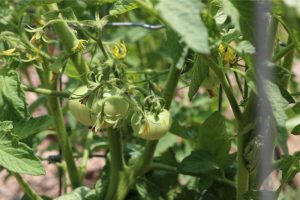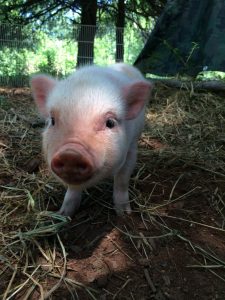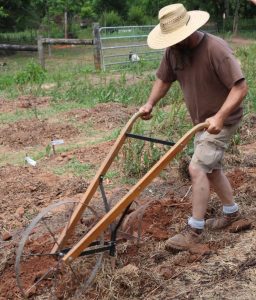Shepherd’s Hill Academy students are empowered to live a lifestyle of sustainability. During their 12-month stay, students are equipped with valuable working knowledge and real-life skills to utilize sustainable best practices in their daily lives.
What is Sustainable Development?
Sustainable development is, in fact, a lifestyle of sustainability. It includes sustenance agriculture, preservation of food, craftwork for household use and practices of self-sufficiency.

- Reaping What You Sow
- The Benefits of Hard Work
- Team Work
- Community Responsibility
At Shepherd’s Hill Academy our Sustainable Development program was created to empower students to overcome personal addictions and social problems. Everything we do is to provide students with the resources and help needed to build a better life.
The mission of the program is to “Enrich the Lives of Young Adults through Hands-on Sustainable Development. Students will learn the intrinsic value of hard work, learning in application, experiencing the fruits of their labor, and providing for those in need.”
Components of the Sustainable Development Program

- Cultivating a year-round rotating crop garden
- Planting and maintaining an herb garden
- Maintaining Fruit & Nut Trees
- Small-scale animal husbandry: Caring for Goats (clear the land), pot-belly pigs (till the land), and chickens (fertilize the land). All animals are utilized in the program with purpose and actively used (daily)
- Maintaining blueberry & blackberry bushes
- Establishing and maintaining a compost system
- Canning produce
- Pottery: Digging clay, processing clay, hand building pottery designs, drying pottery
- Creating a fully functional Aquaponics system
- Learning and practicing companion planting
- Learning and practicing organic methods of gardening
- Learning and growing garden remedies
- Learning zones for planting
- Learning about poisonous plants (native)
- Discovering the benefits of natural herbs for health and wellness
- Building structures (goat/chicken pens, tool sheds)
- Practicing primitive technology (knot tying, making traps, catching fish)
- Learning how to use and maintain tools
- Discovering and practicing proper attire (shoes vs. sandals, gloves, hat)

- Large scale aquaponics
- Beekeeping and Honey Production
- The goal of feeding students, staff and staff families with USDA Organic Certified produce
- Greenhouses (hoop houses)
- Vermiculture (Worms)
- Growing gourds to use as tools
*Although we are very excited about our goals for these future projects, these items may not be currently provided as they may be in various stages of planning and development.


